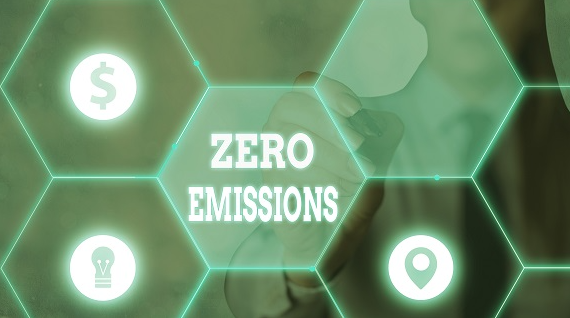During ICS Insights Live event on 10 March, speakers focused on how shipping can capitalise on legal, stakeholder, and commercial factors in order to reach decarbonisation goals.
Specifically, speakers highlighted the need for stakeholder led initiatives to speed up decarbonisation. As Guy Platten, Secretary General, ICS, explained:
“We know that just to achieve the IMO’s target of a 50% reduction in global GHG emissions from shipping by 2050 all avenues must be explored. If we wait for the enforcement of mandatory global regulations, we will not reach the target.”
To this end, Mr. Platten confirmed that the ICS proposal, made with a coalition of partners, to set up a $5 billion Research and Development fund, funded from a mandatory levy of $2 per ton on marine fuel, is currently being considered by the IMO Marine Environment Protection Committee.
Push for alternative fuels
Shipping is in the early stages of deciding what the most viable low-sulphur and zero emission fuels will be for the industry.
However, Rashpal Singh Bhatti, VP Maritime & Supply Chain Excellence, BHP, said during the discussion that there is a need for companies to “take the bull by the horns” and move beyond rhetoric on economics and emissions.
[smlsubform prepend=”GET THE SAFETY4SEA IN YOUR INBOX!” showname=false emailtxt=”” emailholder=”Enter your email address” showsubmit=true submittxt=”Submit” jsthanks=false thankyou=”Thank you for subscribing to our mailing list”]
In fact, he noted that being an early adopter of a new fuel undoubtedly comes with risk but can bring financial and shareholder value too if well thought through.
“It requires analysis, innovation, lateral thought and conviction to take forward and leave options to manage downside risk as much as you can.”
What is more, Bhatti said that he does not see LNG as a transition fuel but one that will be used as part of a mix of fuels in shipping for many years to come.
Financial incentives
Valentina Keys, Senior Associate, CMS LLP told the audience that to create impactful progress on decarbonisation clear and consistent policy and targets are needed from governments, with a balance of carrot and stick incentives.
Regarding stick incentives, she noted the “transformational” success of the UK Climate Change Act passed in 2008, which was the first of its kind and legally binding to deliver 80% reduction of green house gas emissions below 1990 levels by 2050. The target has since changed to net zero.
“That affected a lot of positive change in creating fiscal, economic, legal and voluntary drivers that generated a move away from coal towards gas, solar, wind, and renewables. The change in mindset generated change in policy and decisions being made at board levels.”
When it comes to carrot incentives, the world of finance has a role to play. However, green loans are still in their infancy. In light of the situation, Christopher Rex, Head, Innovation & Research, Danish Ship Finance, said:
“We are beginning to use performance-based margins as an incentive; this is where a company’s green or improved performance is used to reduce margins if they are performing strongly on emissions. However, the “really scalable solutions” remain to be seen and more business model innovation is needed. The big wins will come when we look at the next generation of green ships”.
Collaborate to decarbonise
As speakers noted, the only way forward is collaboration, while a joined up approach for decarbonisation efforts must mean the entire supply chain is working together.
“Everyone must understand what their obligations are across the entire chain. We must horizon scan and be prepared for change rather than just react.”
Bhatti stressed how critical collaboration has been to push forward with LNG-fuelled vessels and has worked together with class societies, ship yards, charterers, financiers and awarded a tender to Eastern Pacific Shipping.
External pressures
While reaching zero emission goals is a social responsibility for shipping, external pressures are speeding up those changes and the industry must be prepared to face them.
Valentina Keys noted how shareholders have taken legal action on energy companies that are not fulfilling their climate goals and oil majors are having to” completely rethink” their business models and strategies. “ESG is written all over them with red pen,” she stressed.
“There is pressure from consumers, shareholders and investors that want companies to take climate into account. Shipping is no different, so the risk of exposure is there unless action is taken.”
…she concluded.






























































